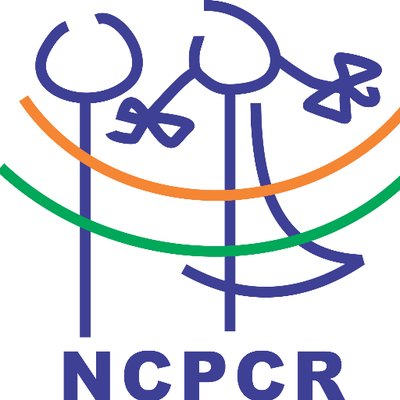NCPCR Statement to Fight Child Labour and Begging
Recently, the National Commission for Protection of Child Rights (NCPCR) has identified 50 religious places to carry the interventions in order to ensure zero tolerance towards child labour.
Highlights
- Shri Ram Janmabhoomi and Taj Mahal have also been included in the list of 50 religious places.
- The NCPCR will took up the intervention to eliminate the child labour at these 50 identified religious places.
- The interventions will be undertaken in a collaborative manner.
- NCPCR stated that multi-stakeholders including the anti-human trafficking unit, representatives from NGOs/CSOs, child welfare police officers and religious trust & groups shall work in collaboration to undertake the interventions.
- Other places that have been identified include: Bodh Gaya, Taj Mahal, Kumbh Mela, Haji Ali Dargah, Puri Jagannath Temple, Khajuraho, Rishikesh etc.
- The commission notes that, several instances of child labour, child begging etc. have been found at these religious places.
How NCPCR will undertake the situation?
NCPCR will undertake the:
- Preventive Measures such as linking vulnerable and deprived families with the different centre and state government schemes. This will help in the sustainable rehabilitation of the child.
- Curative Measures such as penal action against the perpetrators including the organized nexus who involves the children in begging, labour, and trafficking, etc.
Child Labourers in India
The International Labour Organisation (ILO) estimates that there are around 12.9 million Indian children aged 7 to 17 years old who are engaged in work. The children are often doing unpaid work. Because of this, they are less likely to attend school or they attend the school only intermittingly. This in turn is trapping these children in the poverty cycle.
National Commission for Protection of Child Rights (NCPCR)
It is the apex body operating under the Ministry of Women and Child Development. The body works for protecting the child rights in India. It was established in the year 2007. The headquarter of the NCPCR is in Delhi.
Month: Current Affairs - February, 2021


